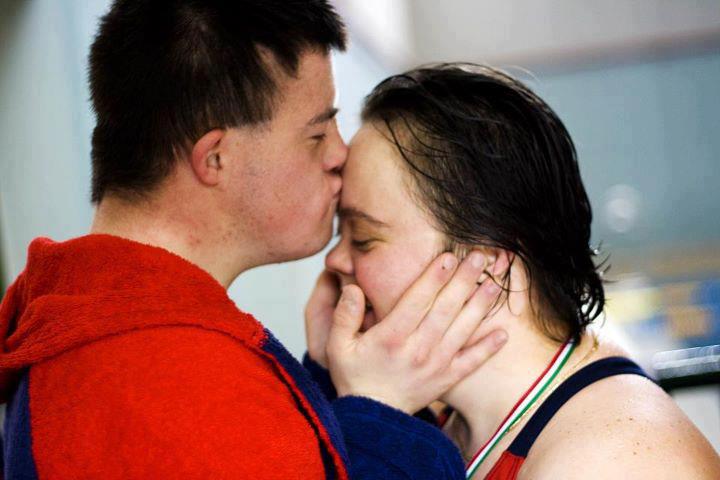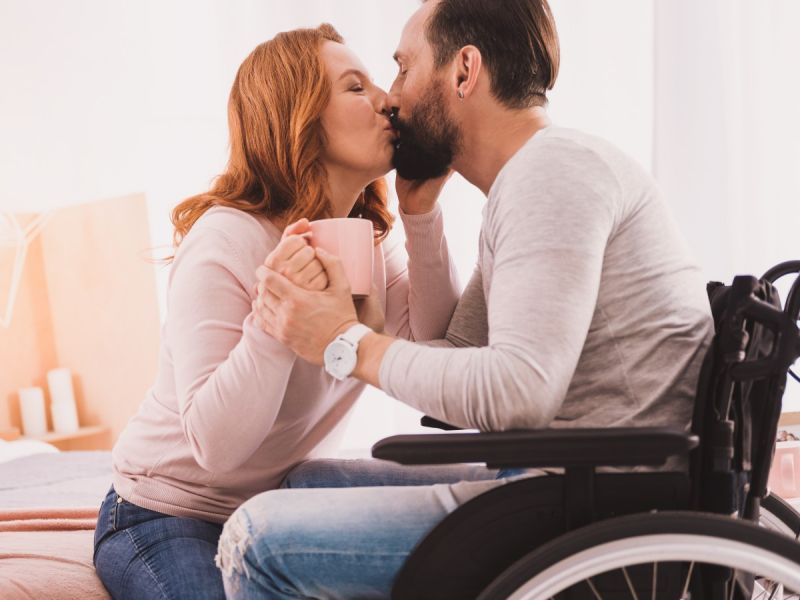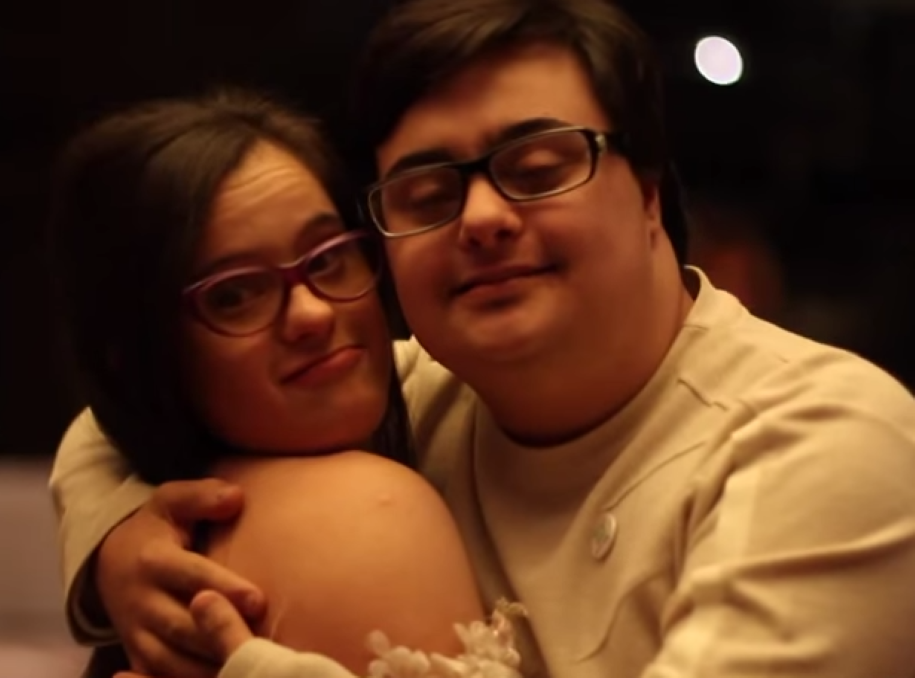Sexuality is inherent to human beings and varies from person to person; each individual feels, experiences, and expresses their sexuality in a unique way according to their circumstances, education, and personality.
However, this path can be bumpy for people with disabilities or functional diversity, because they tend to be infantilized or treated as asexual or, alternatively, hypersexualized.
Socially, they continue to be stigmatized and their sexuality is not recognized, which deprives them of the opportunity to develop it. The World Health Organization (WHO) advocates that, in general, all human beings have the right to a healthy, free, and responsible sexuality.

Sandra Candelas, psychologist and sexologist, and Susana Verneuil Soto, a graduate in special education and collaborator on the ‘Sexualidades Diversas’ (tr: ‘Diverse Sexualities’) project, have researched sexuality and functional diversity in a mixed group in Madrid, Spain:
“We worked for over a year with a mixed group of people with diversity between the ages of 18 and 29 and their families. One of the characteristics that all the participants had in common was that they had cerebral palsy or related disabilities. In most cases, they did not have intellectual disabilities”.
In this assessment, after several interviews, they found that young people, in general, had little knowledge about sexuality, had no space to talk about the subject, and were still treated like children. The reason behind this is that they didn’t socialize enough and their families, with whom they could talk, were unreceptive because they lacked education and had many fears.
“We also detected a great need for support in accessing their own bodies, both individually and as a couple (when both members are diverse), and many differences in terms of the needs of men and women”, they explain.
The researchers conducted workshops in which they proposed activities in which participants expressed their needs and curiosity and divided the topics into self-esteem, social skills, interests, self-knowledge, self-determination, desire and love, relationship with pleasure, and relationship with others and with oneself. The same topics were addressed with the families.
We are in an era where the sexuality of people with disabilities has been invisibilized, and this is due to prejudice and ignorance. It’s believed that their condition doesn’t allow them to form emotional bonds, fantasize sexually, or express desire.
Due to the overwhelming amount of misinformation, there are many myths and taboos surrounding disability and sexuality. Today we will present some of them:
- The main one is that this group has no sexual needs or interest in expressing their sexuality or, conversely, that they have excessive and uncontrollable desires.
- If they do have romantic and sexual relationships, it will always be from a heterosexual orientation, without any kind of diversity.
- They are incapable of giving or receiving pleasure.
- Their bodies are not desirable and have no right to be eroticized.
- In a romantic relationship, they won’t be able to give their partner what they need.
On the other hand, there are people with disabilities who have no sexual interest or who have physical limitations that prevent them from engaging in specific sexual practices, while there are others who can use support to work on their sexuality.
According to psychologist and sexologist Rosa Navarro, the most important thing is that they themselves express and decide their interests and make their own decisions to improve the quality of their sex lives.

It all boils down to these simple recommendations that, honestly, apply to everyone:
- Don’t base your sexuality on what you can or cannot do, but on how you enjoy each practice.
- Seek out and research the necessary supports and adaptations; don’t just settle for what works for others.
- Explore other ways of achieving pleasure beyond penetration, such as petting, masturbation, kissing, massaging, or caressing.
- Use communication to establish strategies that suit your erotic needs, both in the case of potential caregivers and in sexual-emotional relationships.
- Seek professional help to intervene when there are physical and motor limitations.
People with functional diversity have the right to achieve the highest possible level of well-being and normalization in all areas, including their emotional and sexual needs. They deserve to live free from stigma and prejudice so they can experience their sexuality freely, uniquely, and #sinrecato.
Traducción del español: Catalina Oviedo Brugés














